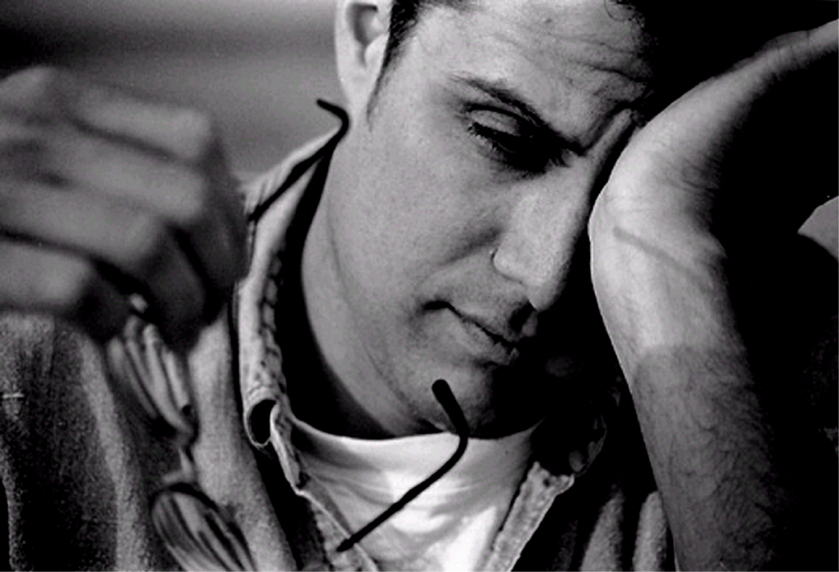
October madness
Have you noticed how the end of year rush used to start getting really manic from around mid November, but now it’s starting in October? Aaaagh, as if we haven’t already got enough to do in our overloaded lives.
I’ve noticed too, small huddles of adults standing about commiserating with each other, comparing notes on how to survive the next few weeks because it’s not just the end of year plans we’re dealing with, we’ve also got those dreaded end of school exams.
How can you as a husband, wife, parent, teacher, or general provider to the Universe ensure that you provide the support, care and encouragement your offspring requires without going into melt down yourself because you still have to meet work deadlines, complete collaborative projects and not run out of milk?
Ready for the answer?
“In the event of an emergency please put on your own oxygen mask first before attending to the needs of others.”
Sometimes in our haste to ensure that our kids are OK, that our work colleagues are doing alright and that our partner/significant other is managing we forget that unless we are putting into practice all those good intentions and healthy brain activities to maintain our own brain health, we’re not in the best position to look after anyone.
It’s human nature to care, bond, love and make friends. But when it comes down to self-care, we can be so very bad at doing what we are asking everyone else to do – to take better care of themselves.
During these periods of really intense activity going through your own High Performance Brain Checklist can be a real brain saver.
1. Take time out.
To be alone, shut the door and switch off the phone. To just be. To take 10 minutes out. You’ve got ten minutes right?
Busy brains can suffer from the delusion that unless they are constantly stuffing more stuff into their cerebrum they night miss out, forget something really important or lose rankings in their high busyness capacity. Being over busy is a huge stressor to the brain and makes it harder to switch off, stop over thinking or to sleep.
2.Get enough shuteye.
It’s so tempting to stay up that little bit later or get up earlier to get on with the brain stuffing. But just as the Christmas Turkey can only take so much, so does our brain and the best way to avoid overstuffment is called sleep. If you have something really important to learn, such as:
Find the expression for the fringe width. What is the effect on the fringe width if the whole apparatus (YDSE) is completely immersed in a liquid of refractive index μ?
(O.K Wave optics might not be your thing normally but we are talking about helping our kids get through their physics exam)
Study it for a period of time 20-30 minutes then sleep for 8 hours. Yes, sleep is the time we consolidate our long-term memory and deepen our understanding of the material learned.
Insufficient sleep makes it harder to pay attention (reducing our ability to learn anything) to recall the information accurately, and reduces mental efficiency meaning we make more mistakes.
So sufficient good quality uninterrupted sleep is what counts, especially the night before that big test.
3. Enjoy the new black of Monotasking.
The myth of multitasking is just as it says, a myth. We cannot focus our attention on more than anyone thing at a time, though we are terribly good at fragmenting our (unfocused) attention on multiple things simultaneously. The reason is that’s just the way our brain was designed. Period. Brain delusions of multitasking prowess might not land you in a mental institution but it will certainly make you mentally tired, causing you to make up to 50% more mistakes and take 50% longer to complete the work you needed to get done. The way we often try to multitask includes activities such as reading a book while checking our text messages, updating our Facebook profile and listening to our favourite band.
Did I mention that Monotasking is the New Black?
Yep, Choose one thing, focus your attention on it for a period of time (say 20-30 minutes) and immediately elevate your mental performance.
4. Keep things in perspective. (Managing expectations)
I can’t tell you how may overwrought parents and kids I have had to counsel over the years. Weeping, stressed out, gnashing teeth and horribly anxious about the prospect of not doing ‘well enough’.
I always ask ‘well enough’ for what?
End of school exams have morphed into a huge monster appearing to threatening our very societal cohesion. While exams are exams and can facilitate entry to college or tertiary institutions, that’s all they are, measuring competency of understanding of the material learned. An exam mark does not define a person. Let’s re-evaluate what matters and how this fits into our bigger picture of what sort of person we (or our kids) want to be, what work can we get into and pursue with passion. What will make us happy?
5. Live life to its fullest
It’s so easy to get caught up in the premise that the only thing that counts is our work, or study, or study and work. While an important component of our lives, there is room for so much more. Let’s take time out with friends, for enjoying the great outdoors, exercising, singing, dancing and enjoying great food.
Our greatest reward comes from enjoying that quiet sense of achievement, deep contentment and happiness. That’s how we can flourish. That’s how we can best help others.
Just like the Mars Bar ad used to say, building greater brain health helps us to work, rest and play. Well maybe it didn’t quite say that, but a fit and healthy brain does operate to a higher level and enjoys greater mental performance.
Do you check your oxygen mask first?
I’d love to hear your thoughts.

